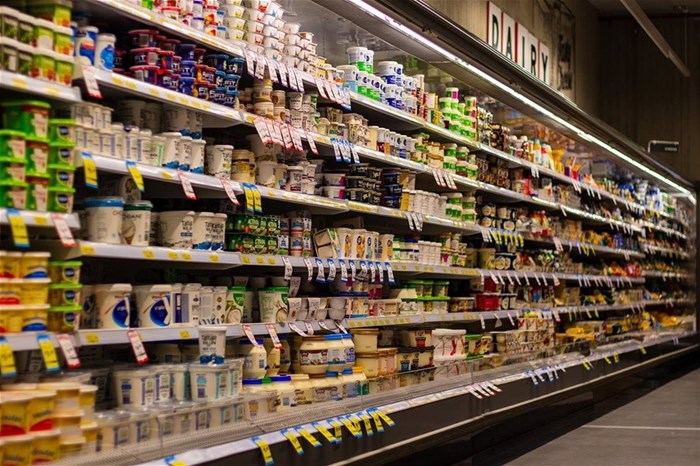
Stats SA has revealed that in September 2023, the cost of food in South Africa surged by 8.10% compared to the same month the previous year, marking the highest food inflation rate since February 2009 when it reached a staggering 15.60%.
Several factors contribute to this surge in food prices, including the fluctuating trends in the global market, currency value fluctuations, localised challenges such as load-shedding and water shortages, and the repercussions of global conflict on supply chains and consumer demand. Escalating fuel costs also play a role in driving up food prices.
“In light of the increasing cost of living and the distant prospect of salary increases, many South Africans are resorting to credit as a means to make ends meet”, says Mpudi Maubane, National PR, Communications & Sponsorships Manager at The Spar Group.
“This trend is the worrying result of the financial pressures that consumers are facing. Unfortunately, given the ongoing global tensions, it is unlikely that there will be relief from the external factors impacting food security and rising inflation anytime soon”.
While the broader issues at play may be beyond immediate control, there are practical steps that consumers can take to make their food budgets go further. The following tips will offer consumers ways to save costs on groceries while still enjoying quality, nutritious meals:
The first step to managing budgets involves effective meal planning. It not only saves money but also reduces food wastage.
“Start by creating a weekly or monthly meal plan that considers your family's preferences and dietary needs. Take stock of what you already have in your pantry and fridge and plan your shopping accordingly. This way, you'll avoid impulse buys. If you're a monthly shopper, remember that some items, like fresh produce, have a limited shelf life, so it would be best to shop weekly for that”, says Maubane
“Once you've got your meal plan in place, it's time to set a budget for your groceries. Knowing your limits will help you stay on track and avoid overspending. Consider not only food but also toiletries and cleaning supplies in your budget. Always aim for the healthiest options within your budget, and make sure to consider store house brand products; they often offer great value for money”, says Maubane.
Now, create a shopping list that matches your needs, and stick to it. “Avoid those tempting impulse buys and be open to suitable food item substitutes, like swapping minced beef for lentils. When it comes to cost-saving, a little creativity goes a long way”, says Maubane.
Bulk buying is the way to go when it comes to budget-friendly buying, especially on non-perishable items. Shoppers can often benefit from lower prices when buying in larger quantities. “Keep an eye out for bulk-buying deals in your local stores, often advertised in your community newspapers. But be careful not to overbuy perishable items to avoid wastage”, says Maubane.
Reducing food wastage is not only good for cost-saving but also for the environment. Here’s how:
Good food storage is key to keeping groceries fresh and safe. Remember to:
Buying groups serve as a means for individuals to pool funds along with friends, family and neighbours to buy bulk groceries, mainly essentials. Black Friday is the perfect time to harness the power of grocery stokvels as many retailers offer substantial discounts on a wide range of products. By coordinating grocery stokvel purchases with Black Friday deals, consumers can maximise their savings even further.
“In the face of widespread financial constraints, grocery stokvels provide a practical lifeline. Not only do they enable members to stretch their budgets, ensuring a degree of financial and food security for their families; they offer a good starting point for consumers to learn to maintain control over their limited finances, creating healthier long-term spending habits”, Maubane.
To make the most of Black Friday: